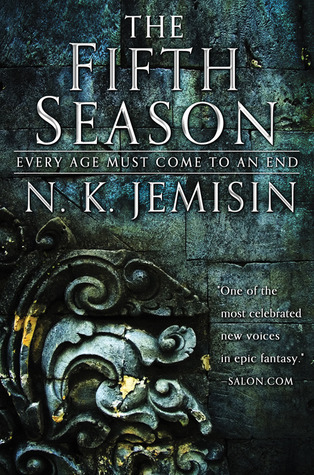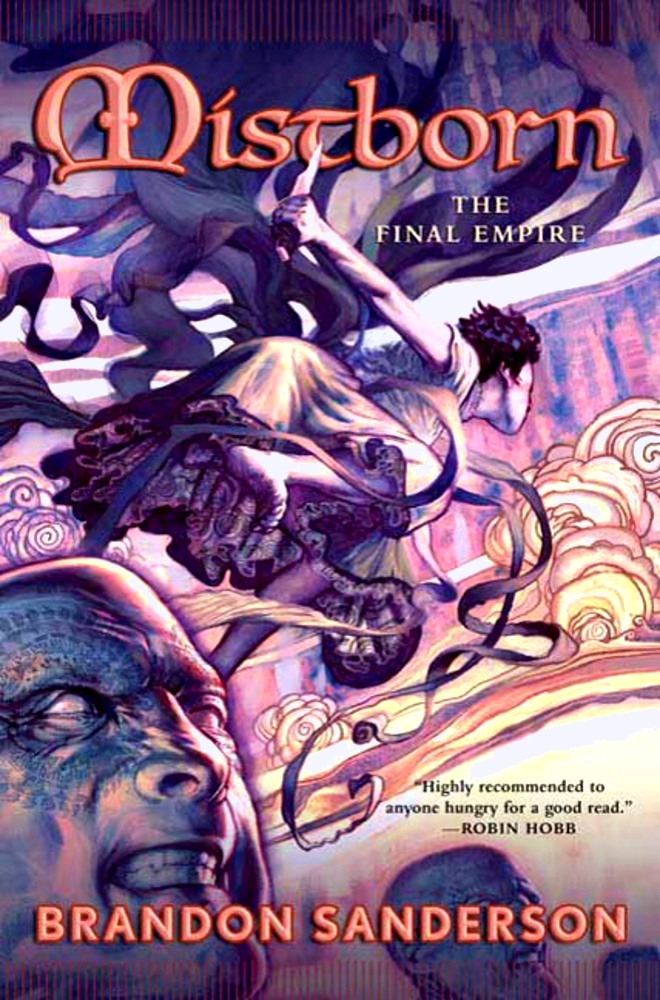Epic Quests Reader Engagement 2:
Relatability and Escapism
Epic quests captivate readers by immersing them in stories that are both grand in scale and deeply personal. These narratives often unfold in vast, meticulously crafted worlds filled with intricate lore, ancient prophecies, and formidable challenges. Yet, despite the epic scope, the heart of these stories lies in the characters and their deeply human experiences—love, loss, courage, and sacrifice. Often, emotional impact is used by writers to immerse the reader. See my previous blog Epic Quests: Reader Engagement 1: Emotional Impact for that discussion. Another writer’s method is balancing relatability and escapism, allowing readers to see reflections of their struggles, dreams, and desires within the trials and triumphs of the protagonists. This connection not only makes the fantastical feel real but also offers a sense of belonging in worlds far removed from our own. By following heroes on their journeys, readers can escape into the depths of fantasy, making the journey thrillingly interactive and immersive, and guaranteeing an unforgettable experience of the epic quest.
Relatability and Escapism.
The Lies of Locke Lamora by Scott Lynch: “Someday, Locke Lamora, someday you’re going to fuck up so magnificently, so ambitiously, so overwhelmingly that the sky will light up and the gods themselves will shit comets with glee. And I just hope I’m standing here, holding a drink and laughing when it happens.”
The Broken Earth: The Fifth Season by N.K. Jemisin: “They’re afraid of us because they know that we’re capable of anything. Even now, we’re trying to save them when we could be ruling them.”
Mistborn: The Final Empire by Brandon Sanderson: “Our belief is often strongest when it should be weakest. That is the nature of hope.”
Both relatable elements and fantastical escapism aim to evoke strong emotional responses from readers. Whether through the familiarity of a character’s struggle or the awe of an extraordinary world, both aspects work to draw readers in and create a deep emotional connection with the story. The Chronicles of Narnia Series by C. S. Lewis implores the reader to follow the characters such as Aslan, Lucy, and Edmund, who undergo significant emotional journeys. For example, the redemption arc of Edmund in The Lion, the Witch and the Wardrobe and the sacrifices made by Aslan evoke feelings of empathy, hope, and sorrow. These stories resonate on a personal level because of their portrayal of deep moral and emotional themes. The Book Thief by Markus Zusak, although not strictly fantasy, is set in World War II and uses elements of magical realism to explore themes of life, death, and the power of words. Narrated by Death, the story traces the life of Liesel Meminger, a young girl living with a foster family in Nazi Germany. The emotional depth of the characters’ experiences and the novel’s exploration of love, loss, and resilience create a deeply moving reading experience.
These methods also, both immerse readers in the story. Relatable elements make readers feel involved by reflecting on their own experiences, while fantastical escapism captivates them by transporting them to a world that feels vivid and real, even if it’s vastly different from our own.
And lastly, both elements enhance the connection between the reader and the characters. Relatable elements allow readers to see themselves in the characters, while fantastical escapism often places characters in extraordinary situations that test their limits, making their reactions and growth fascinating to follow. The Broken Earth Trilogy by N.K. Jemisin reveals relatable characters who face personal and societal struggles, such as oppression, trauma, and the search for belonging, in a world of the Stillness, with its seismic activity, magic, and apocalyptic setting, provides a unique and immersive escape. This takes the reader through exploring a complex, richly imagined world while remaining emotionally connected to the characters’ journeys and struggles. Another example is The Wizard of Oz (1939) with its vibrant characters and whimsical settings, which provides an immersive escape from reality but also immerses the reader into Dorothy’s journey driven by her desire to escape her mundane life in Kansas and find a place where she truly belongs.
Of course, you can also see differences where the relatability of the work grounds the reader in real-life experiences, emotions, and situations that readers can easily identify with but then the story is rooted in otherworldly and the extraordinary, offering an escape from the mundane by presenting readers with magical realms, mythical creatures, and epic adventures that are far removed from everyday life. Relatability shows believable and emotionally resonant characters while escapism provides a sense of wonder and adventure, allowing readers to explore possibilities beyond the constraints of the real world, offering the chance to dream, imagine, and experience things that are impossible in reality, and giving a mental and emotional break from their everyday lives. The final impact encourages the reader with introspection and empathy, as they see aspects of their own lives and emotions reflected in the story. This can lead to a deeper understanding of themselves and others, as the story resonates on a personal level. The escapism’s impact invites readers to lose themselves in a world of imagination, providing a thrilling sense of adventure and freedom. It allows readers to step outside their reality and experience the joy of discovering something completely new and unexpected.
My adult epic fantasy novel, Sparrow’s Legacy, delves deeply into offering the relatability of righting wrongs and helping the helpless as well as a magical realm that uses magic during battle. Here is a sample:
Chiri touched Tara’s arm to still her forward movement as soon as she saw the red robe near the back of a tent. It could only be a searcher. They watched as another man in dark green swung a short Kabar stick at his side. The red-robed figure cried out and collapsed. The heavily beaded club was used at the stock slaughterhouses to whip beasts. Chiri felt her mouth dry at the sickening sounds that continued with the beating.
The weapon alone gave evidence of the man’s nasty nature. However, a strong chain looped into his belt and a thickly padded jacket provided proof of his profession. He was a Collector, someone who controlled the magic of the searchers and Psi dogs to read and mine the material they could provide. His skill was to merge and collect. He could be symbiotic, taking a place as part of the search, gleaning information alongside the searchers. This would be the custom. Or, as in this case, he could just take the data; an abusive Collector using punishment to force the intelligence from his victim and absorb it from the pain being inflicted. It took little energy and less time. A Collector could be a vicious miner, but mostly they were brutal and had little true fighting skills.
Chiri tried earlier to explain to Teng about the thick armor, and its fallacy. She told him of how they might handle the Psi dogs, raising them with torture and minimal feeding to get the fastest results. She knew Psi dogs were especially sensitive to beatings, being able to read the intent long before the abuser struck. But the uncomfortable look of disgust Teng gave her spoke of his reluctance to hear the finite details. His older sister grunted and turned to inspect her arrow tips.
Chiri thought of Cree’s deep affinity to animals and nodded in agreement with them both. At least they would all be able to find a Collector and the searcher on sight. Taking out these two resources would eliminate anyone following so quickly.
She wasn’t aware of a plan, but a brief wave to move back had them away from the camp, far enough to communicate.
“No patrols, twelve army with the Collector and the searcher on the eastern end. I couldn’t see any dogs, but there is at least one.” Chiri gave her input.
“I count that one dog in the tent on the east, separated from the rest. But, within the four tents on the western side, there is a silent animal that sits still. I can’t tell. And there is some sort of strange…” Tara waved her hands cupped over in a dome shape. Chiri frowned. “A strange wall surrounding the camp. Like a pocket of magic air,” Tara commented, wrinkling her nose a bit as if smelling something rancid.
Chiri blinked and widened her eyes. “A boundary field, like a magic wall? It’s very hard to detect. Yes, that would make sense. No patrols. A boundary field can be made by a single mage, easily, with a low level to act as just an alarm.” She chewed on her lower lip, wondering what step to take next.
“We need to circle around to the south side. A small river feeds there. Maybe we can pass under the boundary field?” Tara swooped her hand under her arm, demonstrating.
Chiri nodded and signaled acceptance with a finger to her brow. That might work. We could get inside and eliminate one tent occupant at a time? “What is our plan of attack?” she asked Tara.
Without hesitation, Tara gave voice to their thoughts. “Kill the soldiers, destroy the mages who killed Matie, and set the villagers free,” Tara said with a deadly look in her eyes.
Chiri managed not to shiver. She licked her lips nervously. “Are you sure you don’t want to just rescue the villagers?”
Tara ignored the comment and continued her strategy. “Our entry point is on the south side. Draw a few from the far fire, kill them and the others at the fire. Then wipe out the two inside the nearby tent. Head to the dog; he is hungry, right? Feed him thoughts of food near the main flame. Release his bind and let him loose. Perhaps he will slay in chaos. You take some, I take some, and Jock will take out the Collector. Then we eliminate this mage.” Her voice deepened with anger. Her teeth seemed to gleam as she bared them through the mud-covered features.
In conclusion, epic quests are not just journeys across fantastical worlds; they are relatable characters that travel in escapism worlds. While relatable elements ground a story in the human experience, making it accessible and emotionally resonant, fantastical escapism elevates the narrative by transporting readers to extraordinary realms. Together, they create a balanced reading experience that is both deeply personal and wonderfully otherworldly. Ultimately, along with emotional impact, the shared emotional journeys with relatable characters rooted in fantasy worlds make epic quests fantastical, and immersive, ensuring that they take the reader exactly where they want to go and show them exactly what they want to see.
Please read and review my serial publishing novel, Sparrow’s Legacy, on Kindle Vella. You can read the first three chapters free on Amazon by searching for “Sparrows Legacy Kindle Vella” or clicking here. My debut SFF novel, the space opera Drayton’s Discoveries is available on Amazon. For the love of all fantasy and SFF, if you read something please leave a review. Feedback is my sole sustenance for writing. Don’t let me starve.
For those trying the writing game, I want to give a quick shout-out to PLOTTR software. I’ve found it has really improved my writing game and increased my efficiency tremendously. It is my new favorite writing aid. Use any of my affiliate links below and I might get a small commission. Thanks.
Check out my YouTube channel for PLOTTR videos @jlnichauthorsff
Joseph Michael’s Learn Scrivener Fast e-course
Please subscribe to my website if you want to be notified when I’ll be publishing or to get free samples of my work.
JL Nich, Science Fiction Fantasy Author






